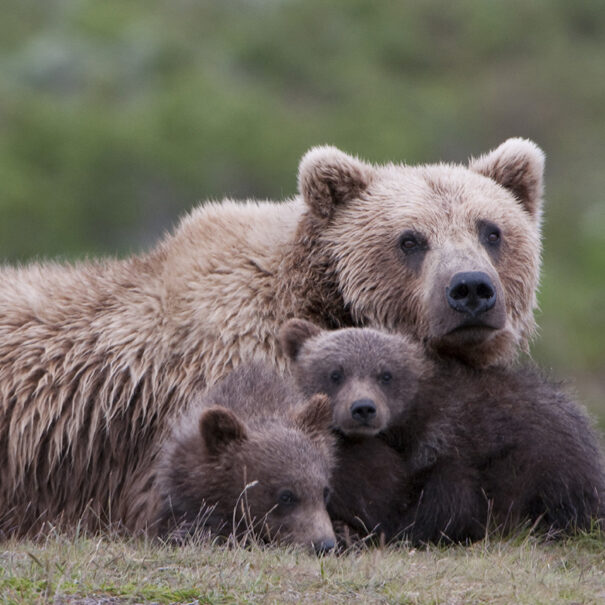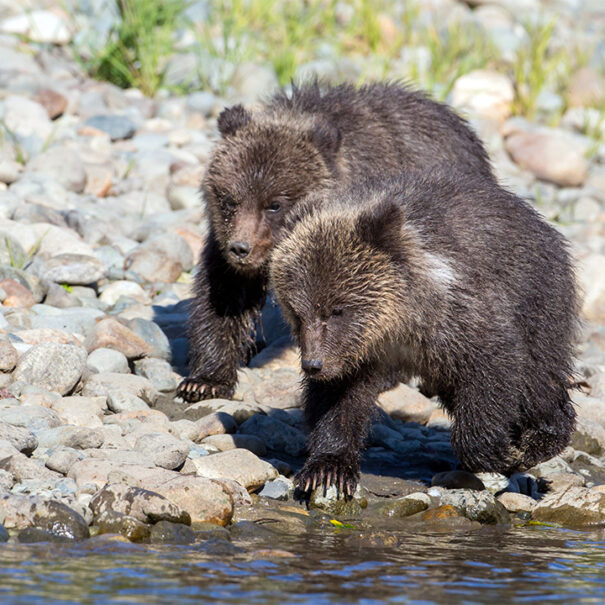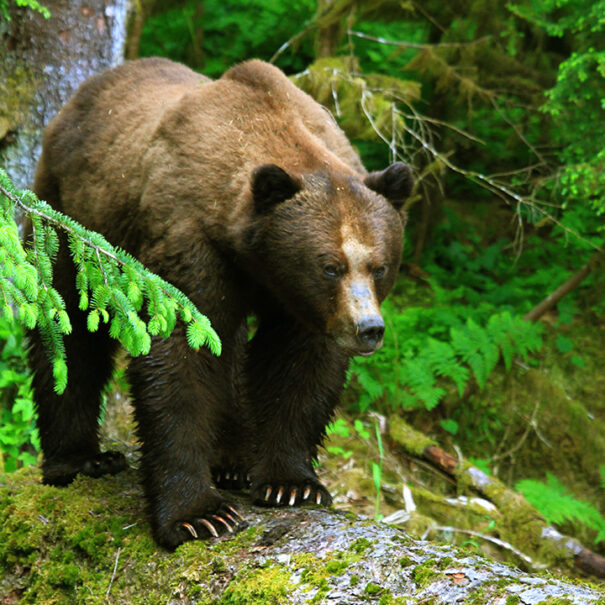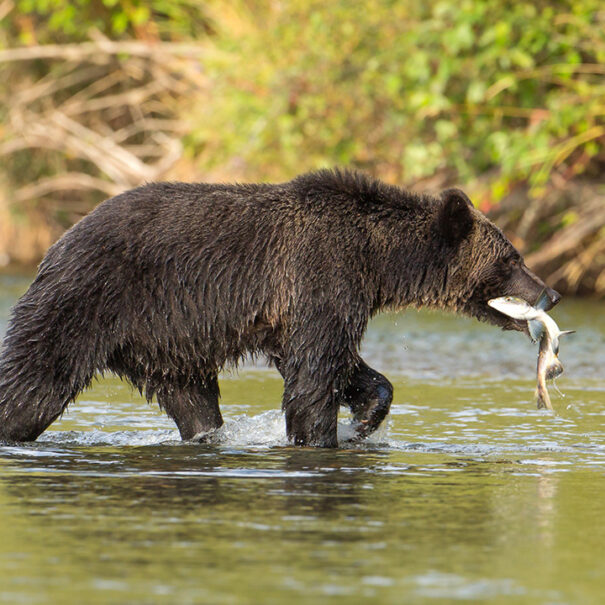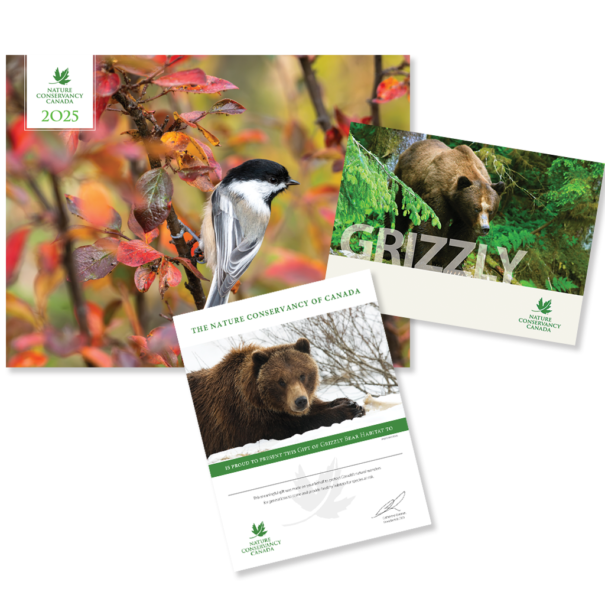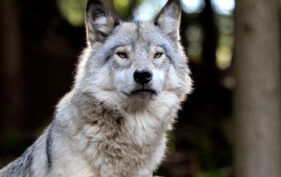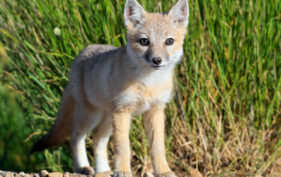Grizzly Bear
Primarily solitary mammals that need vast expanses of undisturbed habitat, grizzly bears are threatened by habitat loss and degradation. They currently occupy less than half of their historical North American range. Your gift will help the Nature Conservancy of Canada protect habitat for grizzly bears and other wide-ranging animals across Canada.
Gift details
Digital download includes:
- Digital species booklet
- Digital full-colour certificate
- Informational video
Physical package includes:
- NCC bilingual logo buff
- Species booklet
- Full-colour certificate
Need to ship to multiple addresses? Visit the FAQ page for more information.
Your Gift in Action
Your gift will conserve critical habitats and ensure a future for species at risk. It will also build healthier, more resilient ecosystems that provide essential benefits and services to people and their communities, while countering the effects of climate change and biodiversity loss.
Since 1962, NCC has brought Canadians together to conserve and restore more than 15 million hectares, coast to coast to coast. But we must do more faster and accelerate the pace of conservation. Every gift and donation counts.
Grizzly Bear
Primarily solitary mammals that need vast expanses of undisturbed habitat, grizzly bears are threatened by habitat loss and degradation. They currently occupy less than half of their historical North American range.
Grizzlies can grow to be 2.5 metres tall and weigh 350 kilograms. They’re able to run at speeds of up to 50 kilometre per hour, for short distances. While their eyesight isn’t great, they have excellent hearing and sense of smell.
Grizzly bears need lots of space to roam. The home range of a male grizzly can be 2,000 square kilometres or more. Less than that reduces their chances of finding a mate, and females produce cubs only once every three years. Although normally solitary animals, grizzlies will sometimes congregate where salmon run upstream to spawn, feasting on fish to sustain them through the winter. The rest of the time, a large portion of a Canadian grizzly bear’s diet consists of nuts, berries, leaves and roots, although they will occasionally eat other animals.
Grizzlies aren’t true hibernators. They go into a state of dormancy but can wake up and wander around for short periods during the winter if the weather gets warm. Their habitat ranges from dense forests to alpine meadows and Arctic tundra. About half of Canada’s grizzly bears live in BC.
Your gift will protect habitat for grizzly bears and other wide-ranging animals across Canada.
Photo 1: Photo by CanStockPhoto. Photo 2: Photo by Mick Thompson. Photo 3: Photo by Darren Colello. Photo 4: Photo by Mick Thompson

